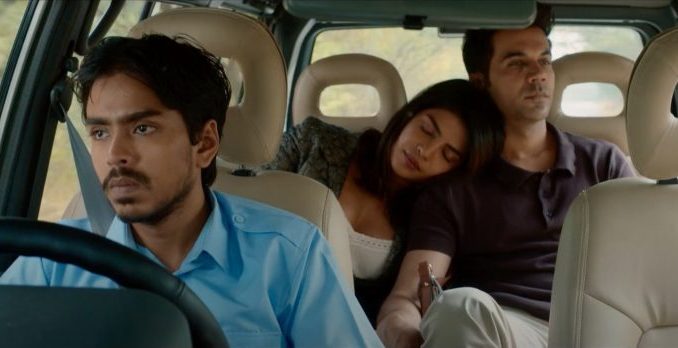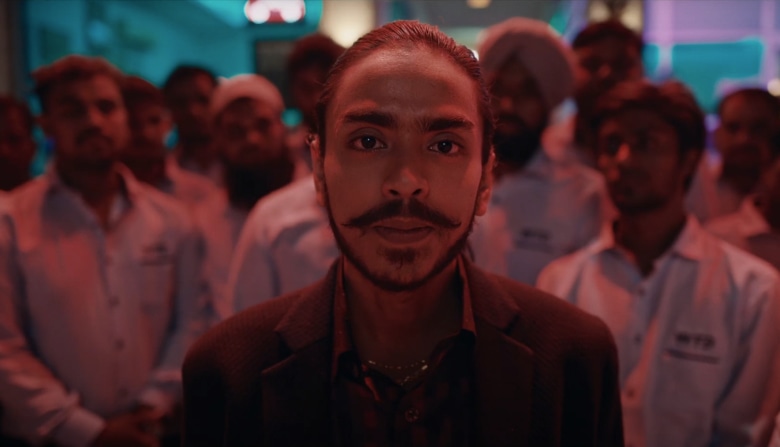
The way the class system works in India’s country is the focus in the Netflix film The White Tiger. Based on the novel of the same name by author Aravind Adiga, The White Tiger follows the dramatic story of a driver in India who navigates learning the ropes of being a self-sufficient entrepreneur while facing the unfair injustices of being an economically disadvantage servant to entitled wealthy masters. The pic, executive produced by Ava DuVernay (When They See Us, Selma), Prem Akkaraju of Weta Digital, Priyanka Chopra Jonas who is in the upcoming fourth installment of The Matrix, and Ken Kamins (The Hobbit, Jack Reacher), shows the functioning and fallacies of class that are deeply rooted in the cultural constructs of India’s society.
The powerful screenplay from director and writer Ramin Bahrani encapsulates filmmaking at its best through impactful storytelling as he constructs a narrative that is founded on the rags to riches formula. Bahrani has been a filmmaker for a substantial amount of time, with a catalog mainly consisting of original written pieces. Although this is the second time that he has adapted a novel for one of his films — the first being Fahrenheit 451 that released in 2018 — The White Tiger is well-written from start to finish, allowing the adaption to be a seamless one, in terms of quality.
It’s also accompanied by striking performances that give the film such gravitas and weight to the picture that it plays out as a masterclass when using the negative character arc to make the audience identify with a character that is descending down a dark path.The performances in this film were handled by India’s top-billed talent, starring Chopra Jonas, Adarsh Gourav, Rajkummar Rao and Mahesh Manjrekar. Gourav, who plays lead character Balram Halwa, is the anchor to the entire story in which he evolves from a poor young man enchanted by wealth and prestige to someone who stands on the other side of the spectrum.

Some of the standout scenes in the film that shows the skills of Bahrani’s directorial prowess including the emotionally charged driving scene. In the scene, the character Ahsok (Rao) kills a child while driving drunk with passengers Pinky Madam (Chopra Jonas) and Balram (Gourav) in the vehicle. The residual fallout has an impeccable impact on the story’s evolution as it sparks the turning point for each of those characters’ arcs.
Equally impressive are the thoughtful, first-person insights from Balram, which trails on the bright and dark sides of a mentally and spiritually oppressed man. The best part comes in Balram’s redemption as he turns lemons into lemonade and becomes his own master or boss — a feat he would not have accomplished if it weren’t for all the adversity he encountered. All of it plays as a roundhouse of emotional provocation and reflection, enriching the foundation for the stark contrasts and realities of the poor among the rich.
One potential detraction of the film is that it uses the end of the movie as a starting point for telling the story of Balram. This trope has been used before to significant effect in many other films. However, it seems that some tension is lost in this case by revealing this piece of information too soon. It appeared to have been a choice that would have worked stronger if the writer did not show his whole hand so quickly.
Paced exceptionally well, it’s hardly noticeable that the film has a two-hour runtime, another testament to its phenomenal storytelling, cinematography and editing. Even as a drama, each scene transitions from one to another at a speed that keeps the audience fully engaged and entertained.
The MouthSoap highly recommends. The White Tiger is available for streaming on Netflix now.



